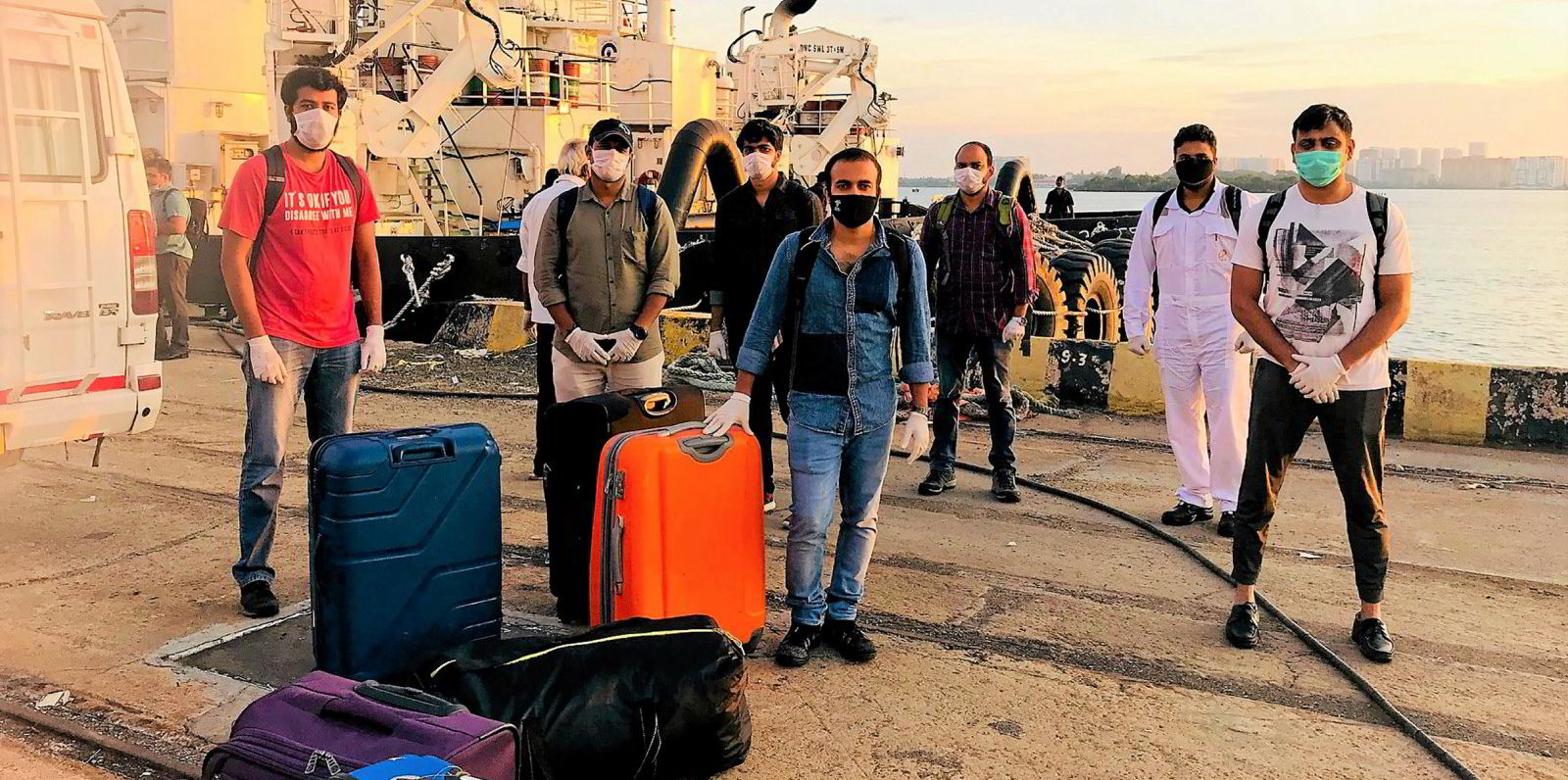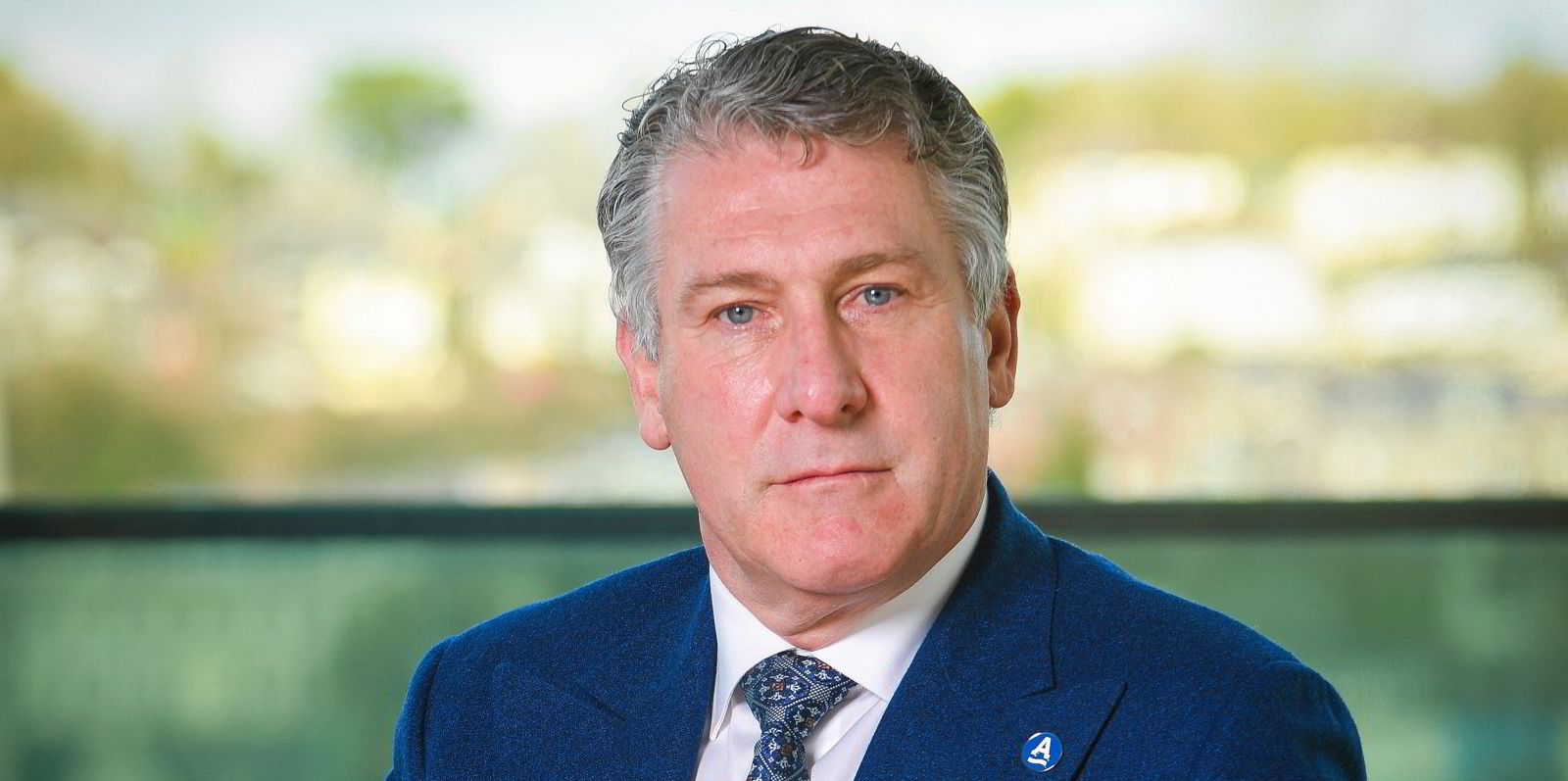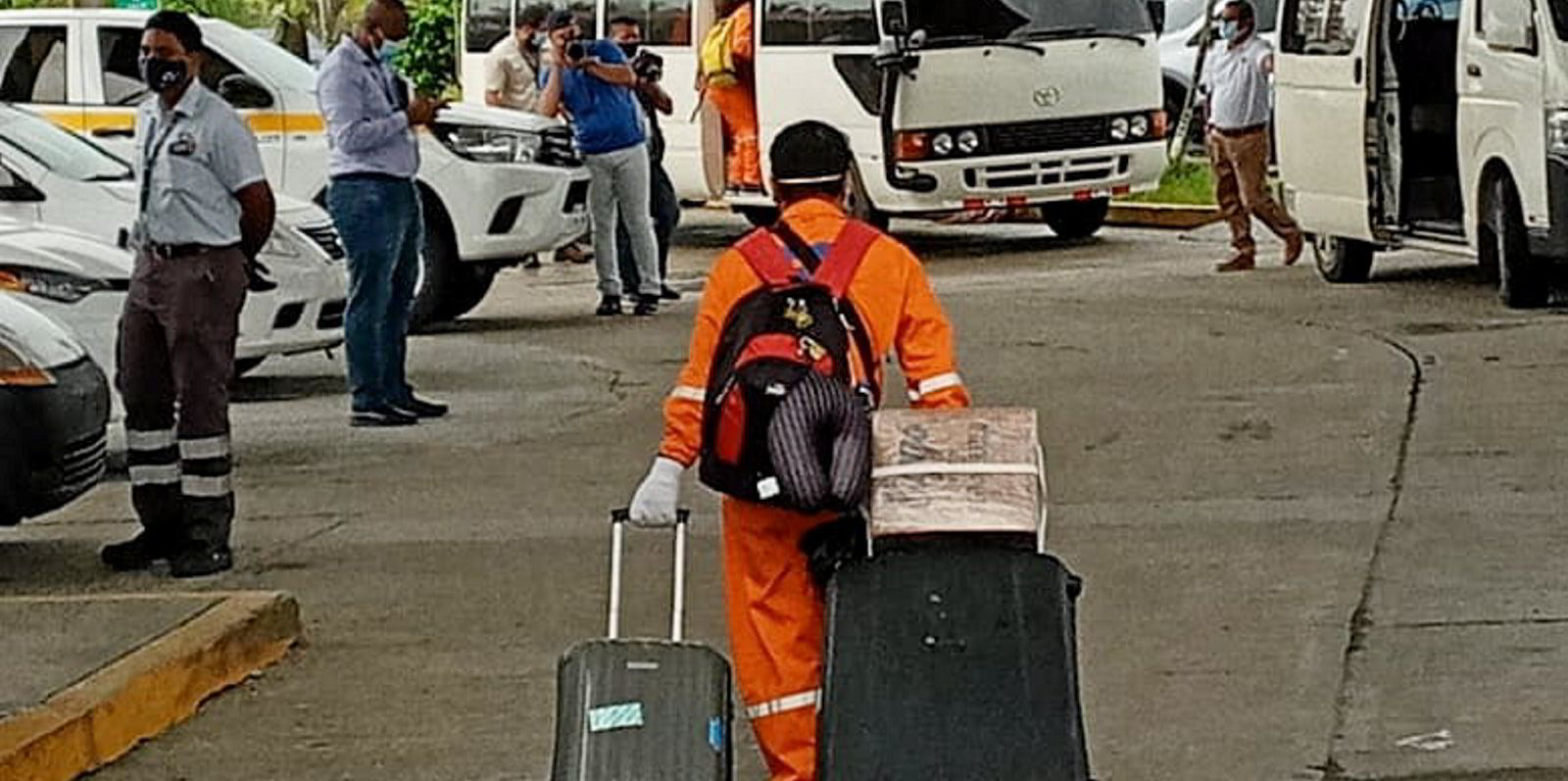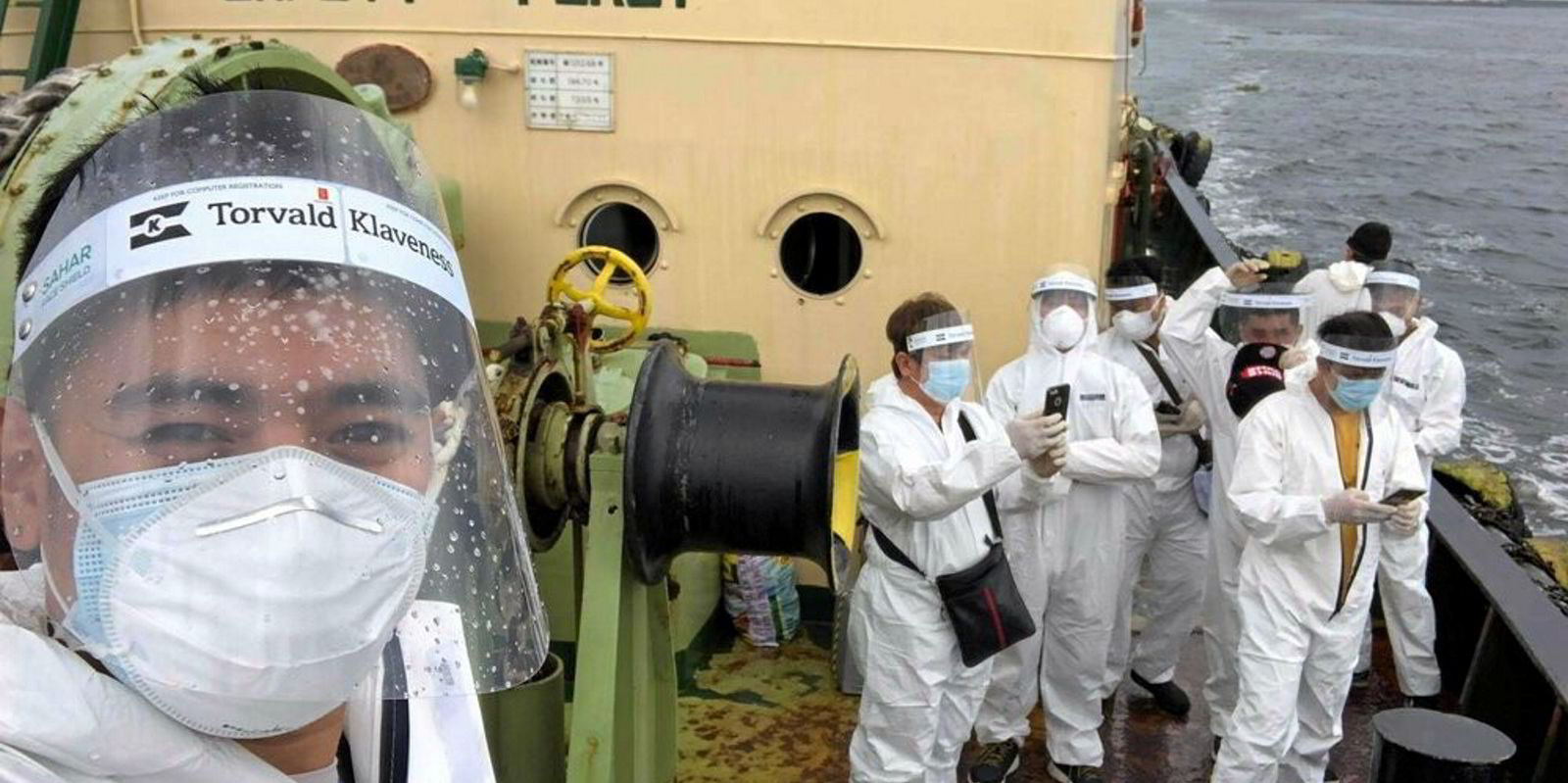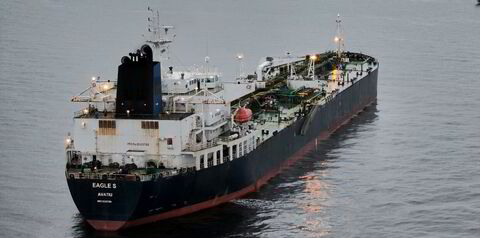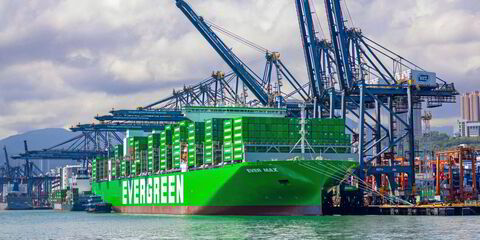The International Chamber of Shipping (ICS) has laid out its vision of vaccination hubs across the globe to protect seafarers from Covid-19.
The global shipowners association's 21-page Vaccination Roadmap sets out common procedures for industry stakeholders to facilitate crew inoculation during the pandemic.
“The pace of Covid-19 vaccine production is a modern marvel, but the world is reeling over distribution delays. Soon, seafarers will be delivering the vaccine by sea freight,” ICS secretary general Guy Platten said.
"Already they deliver critical PPE [personal protective equipment], safety boxes, syringes, and other medical materials for the vaccine rollout. Seafarers must be prioritised for the vaccine to not further exacerbate delivery delays.”
Several countries have begun to roll out immunisation to seafarers at ports, but they are generally targeting their own nationals or those working aboard the vessels carrying their flags.
The ICS said its roadmap can be used by shipping companies, maritime administrations and national health authorities during the planning and roll-out stages of the vaccination programme.
Vaccination hubs
In the document, the group described a framework for establishing vaccination centres in seaports or airports and explained how to take into account national requirements, vaccine logistics and distribution.
Port authorities are encouraged to work in collaboration with shipowners, charities and medical staff to expedite the creation of immunisation hubs.
The ICS recommended that the hubs only use vaccines approved by the World Health Organization and that single-dose protection is preferred due to “the transient profile of international seafarers”.
“Should a second dose be needed, plans should be developed for the second injection to be received in a timely manner,” the document said.
But the ICS also suggests shipping companies may consider not allowing unvaccinated seafarers to work, which could result in labour disputes pending on employment terms.
Earlier this year, TradeWinds reported the ICS was leading a working group to privately buy up to 1m vaccine jabs via the Covax programme, co-led by the WHO.
The group involved the industry's largest associations, such as Intertanko, Intercargo, Intermanager and the International Transport Workers' Federation.
But the initiative has failed to make inroads as pharmaceutical firms are legally required to supply vaccines to the health sector and governments.
“Nobody can buy legitimate vaccines except the health sector, other than that, they can only be bought by government departments at the moment,” ICS director of employment affairs Natalie Shaw said.

